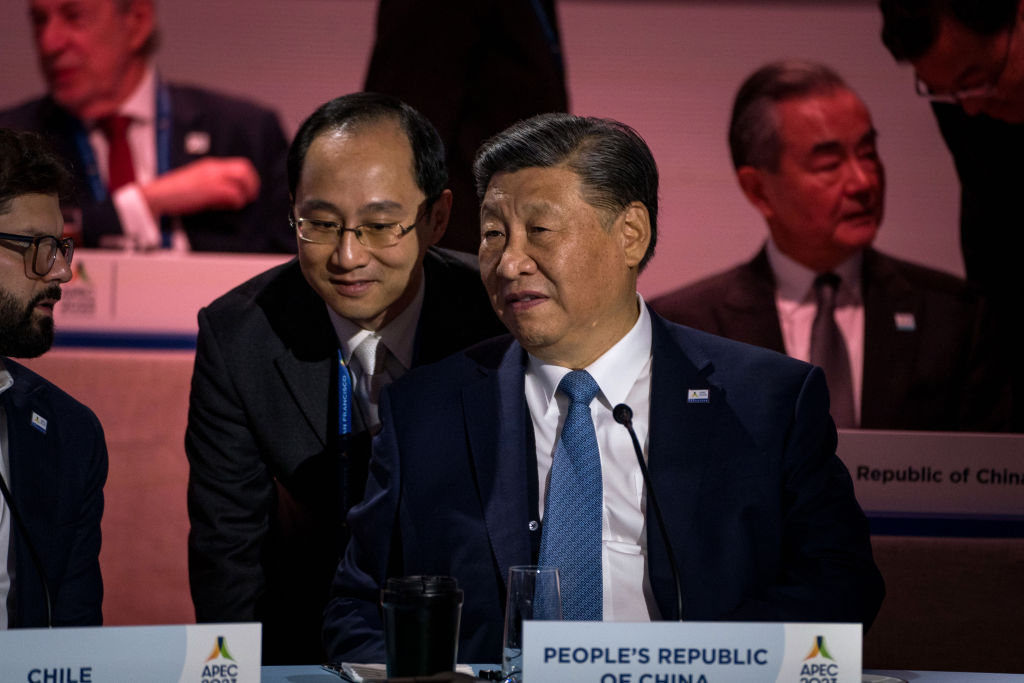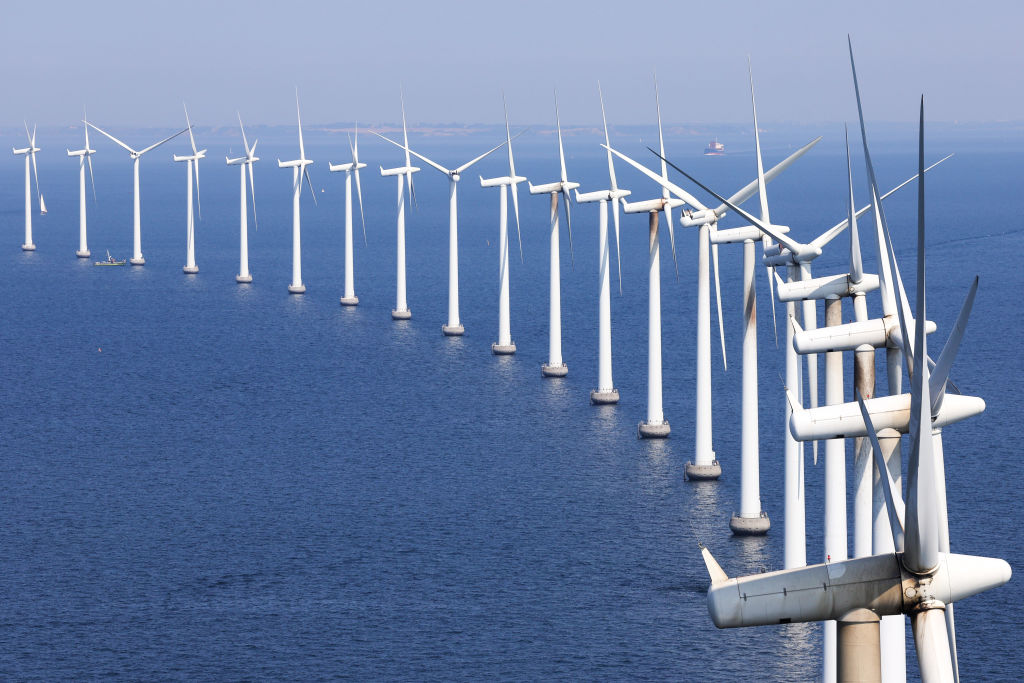China looks set to benefit from the European Union’s latest big push to develop its own wind-energy sector, experts say.
The EU’s newly released Wind Energy Charter (WEC), along with financing for building new wind farms, has been welcomed – but cost pressures mean Chinese companies will likely encroach further into the European wind sector at the expense of EU firms.
In all, 26 Member States signed off the WEC on December 19; they have committed to build specific amounts of new wind capacity over the coming three years.
Pledges ranged from 12 megawatts by Cyprus and 200MW by Bulgaria, to much larger pledges including 1,400MW by Austria, 3,830MW by Finland. Germany signed up to provide 24,600MW of capacity. Experts says one megawatt is enough to power 750 average European homes simultaneously.
Despite the move, China will probably end up a primary beneficiary of the EU’s combined push to build more wind capacity.
Chinese turbine manufacturers are “offering lower prices and generous finance terms – three years deferred payment – which are subsidised by the Chinese state,” Giles Dickson, chief executive of the industry body WindEurope, told Brussels Signal.
“European manufacturers are not allowed to offer such deferred payment, under OECD rules,” he added.
Chinese turbine manufacturers have so far sold 3 gigawatts-worth of wind turbines across Europe, including Turkey and Ukraine, he said. That compares to the 226GW of turbines operating in the EU today.
In addition, a growing number of turbine components manufactured on “home soil” still link back to China.
As Jessica Obeid, an energy transition consultant, pointed out: “Chinese companies are already building industries in Europe. So, often, components would be built in Europe, [but] still [be] Chinese though.”
The WEC builds on the aims set out in the EU Wind Power Package, launched in September, that outlines the financial aspects of the initiative.
The European Investment Bank has launched a €5 billion programme of counter-guarantees for wind turbine businesses, which it says will help commercial banks provide more loans to companies building such turbines or the equipment to connect them to electricity grids.
The European Commission also offered €4 billion in grants in late November to decarbonisation projects that may help further the plans.
Many in the wind industry reacted with relief to the move to link the new wind-construction pledges with financial aid and incentives.
As Dickson said: “Europe’s wind industry needs urgent support. With the Package and now the Charter we will get it.”
The new moves represent “a new way of working for the EU”, he said.
“We’re not waiting for new legislation to be agreed and to come into force – we don’t have time for that. Instead, it’s concrete actions using existing laws.”
Some of those actions relate to the EC, some the European Investment Bank and others to wind companies, 300 of which also signed the WEC.
“But most fall to, or need input from, national governments” and the WEC “commits them now to take the relevant actions” Dickson added.
For others still, the wind-energy push goes beyond wind.
Ann Mettler, vice president at Breakthrough Energy and a former European Commission director-general who was at the WEC launch, said: “I had no doubt that what was unfolding was about more than wind.
“After years of almost helplessly standing by while its industry lost global market share and faced an increasingly unlevel playing field, the EU seemed to say: enough!
“This time, we will not let [another] industry go under without at least trying to assert our self-interest and defending values we hold dear,” she added.
It seems that view of industrial policy – where governments take a role in promoting specific industries – is not one all EU Members States care to share.
It is a controversial idea in the more free-market, smaller-government ‘Northern Light’ countries including the Scandinavian states, the Netherlands and Ireland.
“Governments aren’t good at picking winners, nor should they be,” said Jørn Madslien, a journalist who writes on climate and energy.
“If they instead simply stopped distorting the market by subsidising the fossil-fuels industries, it would do a great deal to drive the energy transition,” he added.





